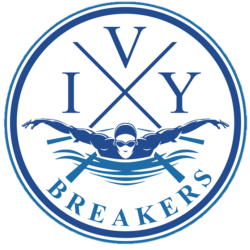PRACTICE GROUPS
Practices
Practices are designed by the coaches to teach and enhance swimming technique, endurance, and speed. Training aids such as kickboards, pull buoys, hand paddles and fins may be used. Sets of drills that involve kicking, swimming, and pulling in all four strokes are taught.
The coaches aim to make each workout both interesting and challenging, and they use every opportunity to respond to each individual's ability and effort with reinforcement and praise.
Training Groups
Our athletes are assigned to groups based on their unique ability levels. When athletes are assessed before the season, they will be asked to execute a variety of skills that will help determine their placement in a training group. One of the requirements for our competition groups will be the timed completion of both a 100 freestyle and a 100 or 200 Individual Medley at the time of the try-out. This allows our coaches to individualize and specialize the placement of our swimmers, all at the coach’s discretion There are two classes of training groups—developmental and competition.
The focus of our developmental group is ensuring the athletes have the skills they need to fully participate in swimming competitions—four legal strokes and proper starts and turns. Athletes in these groups will compete in all YMCA swim meets (dual/tri meets, championships, and any invitationals that the team attends). They will be allowed to compete in USA Swimming (USAS) meets on the basis they have a legal freestyle and backstroke.
_____________________________________________________________________________________________________

Designed to introduce athletes to the sport of swimming and to provide a transition to the sport from swimming lessons. It is expected that swimmers will be able to swim proper freestyle and backstroke and have rudimentary skills in breaststroke and butterfly kicking. The focus of this program will be on butterfly, breaststroke and swim practice etiquette, moving toward improving stroke technique in all four strokes and teaching proper starts and turns.
Practices: 2 times a week, see the practice schedule
_____________________________________________________________________________________________________

The beginning competition group. Swimmers must be able to comply with the technical requirements of all four strokes plus perform starts from the "blocks" properly and safely. The focus in this group is on improving technique while training the various energy systems to improve speed and endurance. Athletes in this group will be exposed to the use of a pace clock as a training tool.
Practices: 5 times a week, see the practice schedule.
_________________________________________________________________________________________________________________

Swimmers in this group have developed strong fundamental skills, demonstrated a desire to reach their competitive potential, and are ready to develop a more extensive training base. Individual medley and distance events are encouraged to develop versatility. Skills include advanced stroke technique, racing starts and turns, and race strategies. Solid practice habits are reinforced and more complex training sets are introduced.
Practices: 5 times a week - see the practice schedule.
_________________________________________________________________________________________________________________

Swimmers have developed a strong foundation in all four competitive strokes. Training is geared towards progression to the senior group while improving the skills, training habits, and personal goals that they have developed.
Practices: 6 times a week - see the practice schedule.
_________________________________________________________________________________________________________________


For swimmers who have made a serious commitment to swimming. While technique will continue to be stressed, the training will be focused on developing core components of strength, power, and speed.Swimmers will be using advanced training tools (parachutes/bands/tempo trainers). In addition, this group's training may be enhanced by "dryland" training (out-of- pool strength training sessions).
Practices: 6 times a week - see the practice schedule
_________________________________________________________________________________________________________________
Group Assignments
- The head coach reserves the right to modify the requirements for each group and to construct them as he sees fit to accommodate such factors as a swimmer’s biological age and group sizes.
- Factors considered in assigning swimmers to each group include not only the prerequisites noted above but also the maturity level and commitment of each athlete.





